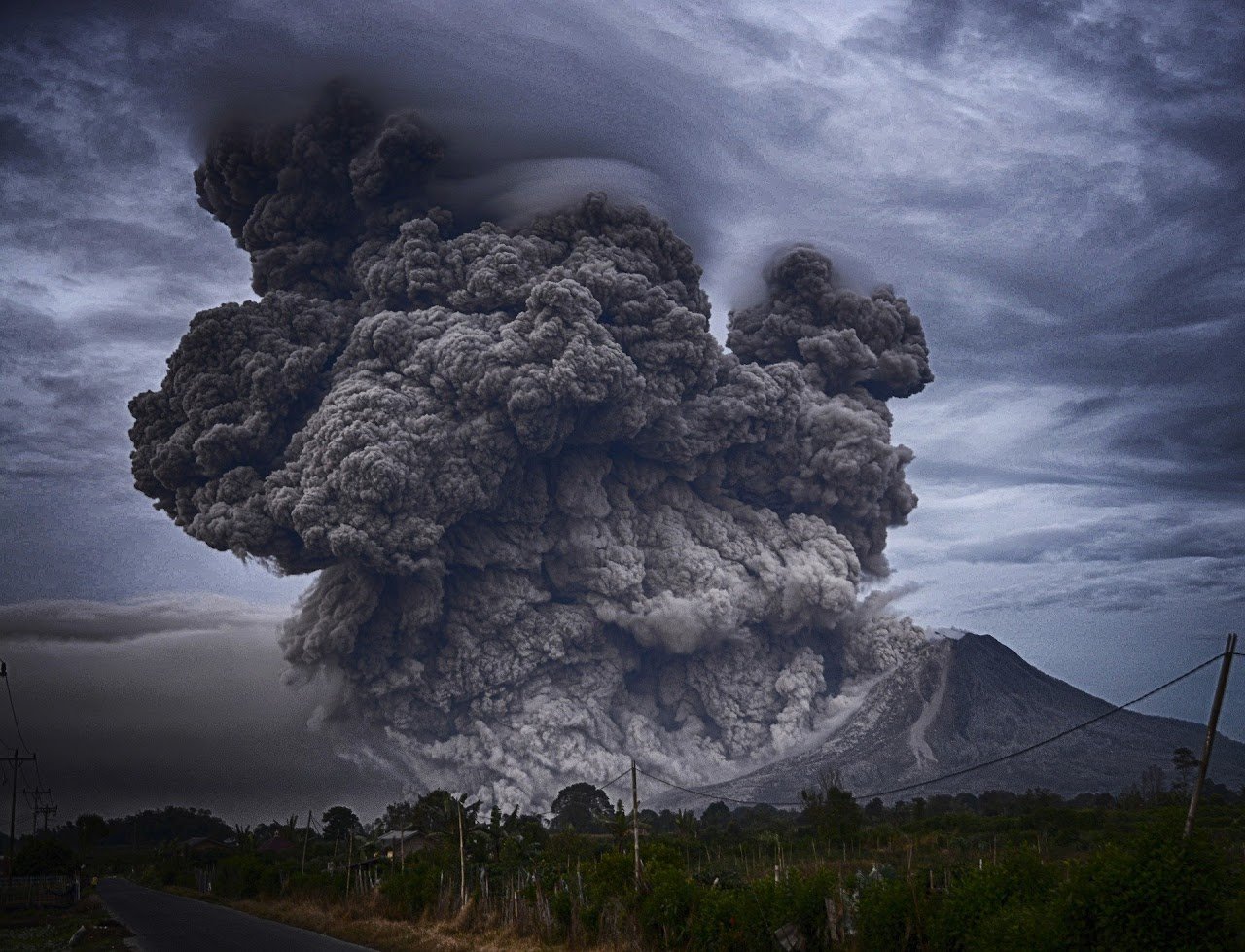Earth and Space Science Resource Library
Each of our self-paced mini units covers one NGSS standard and includes a student slideshow and work packet, assessment project with rubrics, extension activity and complete educator lesson plans.
Additional resources, helpful websites and phenomena ideas are found on this page for each unit listed.
Human Population Impacts Mini Unit Resources
Students describe their favorite meal and ask questions about a world population graph. Then, to connect these two topics, students trace the impact of a hamburger on water, land, air and energy resources. They calculate the number of gallons of gasoline needed to get ingredients to their city and analyze the impact an increasing population will have on Earth’s natural resources. Finally, students design a menu that lessens the impact on natural resources.
Human Impacts on the Environment Mini Unit Resources
Students take a walk through their community and observe how humans impact their environment, both positively and negatively. Then, they choose one local issue to investigate, become experts on their issue, analyze solutions and implement an action project to make a difference! Each part of the project is broken down into smaller, scaffolded steps to ensure success. Students are highly engaged and passionate about the projects they choose. This is a highlight of their year!
Natural Hazards Mini Unit Resources
Students start by diving deeper into natural hazards that significantly impact humans (severe storms, blizzards, landslides, tornadoes, hurricanes, floods, droughts, forest fires, earthquakes, volcanic eruptions, tsunamis). Then, they differentiate between predictable and unpredictable hazards, analyze recent tornado location data and choose one natural hazard to learn more about. Finally, students design two structures to test on the earthquake shaker and answer the question, “How can I build a structure to better withstand earthquakes?”


